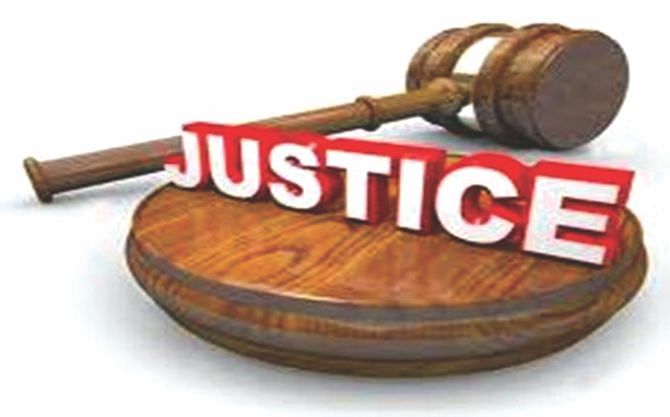Justice not for all?

According to the Constitution of the People's Republic of Bangladesh, every citizen has the right to trial (Article 35), right to protection of law (Article 31) and they are equally treated before law (Article 27). This right is granted by our constitution as well as internationally recognised documents. In order to enforce such rights the constitution gives exclusive jurisdiction to the higher judiciary (High Court Division of the Supreme Court of Bangladesh).
Our judicial systems are divided in two ways, one is higher judiciary and another is lower judiciary. Lower judiciary is decentralised to the whole part of state but higher judiciary is none. There is no doubt, higher judiciary permanently was in capital or is in capital and will be in capital and it was settled by Supreme Court judgment through Anwar Hossain V Bangladesh case, 1989.
We know one of the most essential stages of complete justice is right to appeal. Simply, appeal is the re-hearing of the case. An appellate court is a court that hears cases on appeal from another court depending on the particular legal rules that apply to each circumstance. Party to a case who is unhappy with the result might be able to challenge that result in an appellate court on specific grounds. These grounds include errors of law, facts, or procedure. The decision of a lower court is usually rendered by a single judge, while in an appellate court several judges hear the case and bring their view to bear on the same problem. The decision is usually available in printed from and indicates the basis for the courts conclusions. These judgments are often cited as precedents in future cases.
If any party wants to challenge any decisions of the original court of case, he must appeal to the higher court. Our general existing laws deal appeal from Session court or District judge court to the High Court Division of the Supreme Court of Bangladesh. In some special cases appeal from the Joint Session Judge and Joint District Judge shall place in front of High Court Division of the Supreme Court of Bangladesh.
Today, we see the scope of trial or appeal is for that person who is based in capital or who is financially solvent. Mostly it is limited for those who are living outside the capital and who has not enough money. If a poor, rural or helpless people want to challenge and file appeal to the High Court Division of the Supreme Court, he undoubtedly faces numerous problem like monitory expenses, transport, communication and residence problems etc and sometimes it is impossible for them to do the arrangements. As such they always deprived from the access to justice or complete justice.
However, our constitution guaranteed equality before law, right to protection of law and protection in respect of trial. In reality we see it is not for all and the provisions are totally meaningless. Moreover, article 100 of the constitution provided that the permanent seat of the Supreme Court shall be in capital but sessions of the High Court Division may be held at such other place or places as the Chief Justice may, with the approval of the president think proper. The scheme of the constitution in providing for session outside the capital is like the benches of the High Court Division may sit temporarily in any place outside the capital if it is found necessary or convenient by the Chief Justice in the interest of the administration of justice without thereby affecting the jurisdiction of the court conferred by the constitution.
Now, decentralisation of the High Court Division of the Supreme Court of Bangladesh is not possible as by 8th amendment it is declared illegal by the Supreme Court. Still the scope exists temporarily when it is necessary for the administration of justice. Through arranging sessions of the High Court Division to any particular rural area for a particular period can ensure complete justice or access to justice for the poor, rural and helpless peoples. Otherwise they always will be deprived from complete justice or access to justice and the novel objects behind our liberation will be destroyed.
So it is the demand of time as well as demand of poor, rural and helpless peoples to temporarily decentralise the High Court Division of the Supreme Court of Bangladesh and ensure complete justice or access to justice.
Mahabub Alam, LLM Student. BUBT

 For all latest news, follow The Daily Star's Google News channel.
For all latest news, follow The Daily Star's Google News channel. 



Comments